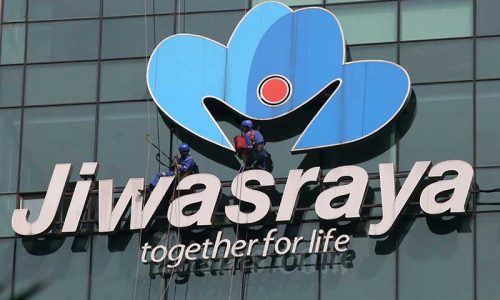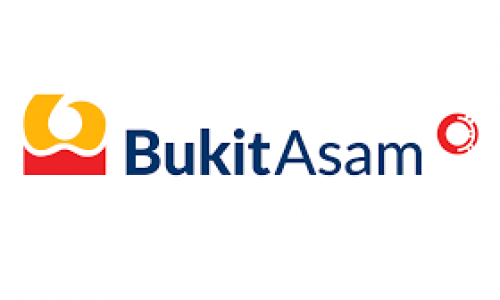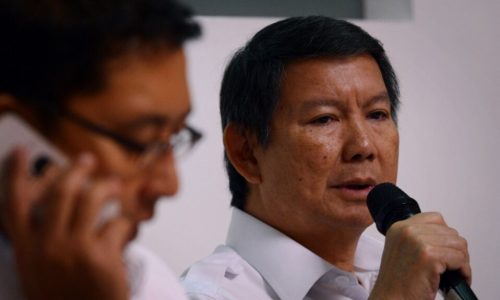State-owned fertilizer holding company PT Pupuk Indonesia has booked 6.7 million tons of subsidized fertilizers distribution in Indonesia as of November 30, 2024, the distribution realization has reached 6.7 million tons, or around 88.9 percent of the total government contract of 7.54 million tons for 2024.
The government previously increased the allocation of subsidized fertilizers from 4.7 million tons to 9.55 million tons through Minister of Agriculture Regulations No. 1/2024 and No. 249/2024. The allocated subsidized fertilizers consist of Urea, NPK, NPK Special Cocoa Formula, and organic fertilizers.
President Director of PT Pupuk Indonesia, Rahmad Pribadi, expressed optimism that the target of 7.54 million tons from the government contract would be met by the end of the year.
“If you look at the distribution based on allocation, it is only 70 percent, but based on contract it has reached 88.9 percent,” Rahmad told a hearing with Trade and Sate-owned Enterprises (SOEs) Commission VI of the House of Representatives (DPR) on Monday, December 2, 2024.
Commission VI chairperson, Anggia Erma Rini, appreciated this achievement and highlighted the importance of modernization in the distribution of subsidized fertilizers.
The government is now adopting digital technology through the Integration of Subsidized Fertilizers (i-Pubers) application which allows farmers to redeem fertilizer using only their ID cards. This application has been implemented nationwide, supporting transparency and efficiency of distribution.
“Data and system integration between the Ministry of Agriculture and PT Pupuk Indonesia through i-Pubers is an important measure. This ensures that distribution is right on target and makes it easier for farmers,” Anggiasaid.
Encouraging new regulation
The Commission VI also supports the simplification of subsidized fertilizer distribution regulations, including the government’s plan to divert direct distribution to the Farmers’ Group Association (Gapoktan), which is aimed at shortening the distribution chain which is considered too long and reducing potential for misuse.
Another Commission VI member, Nasril Bahar, emphasized the importance of comprehensive evaluation and strict supervision in fertilizer distribution.
“We need to suppress the potential for fertilizer mafia and ensure that distribution runs smoothly. Governors, regents, police, and teams must be actively involved in this supervision,” Nasril said.
The increase in the distribution of subsidized fertilizer is part of the government’s efforts to support the national food self-sufficiency target. With strategic measure, including accelerating distribution, modernizing the system, and strict supervision, the government is optimistic that farmers’ needs can be met in a timely and targeted manner.










